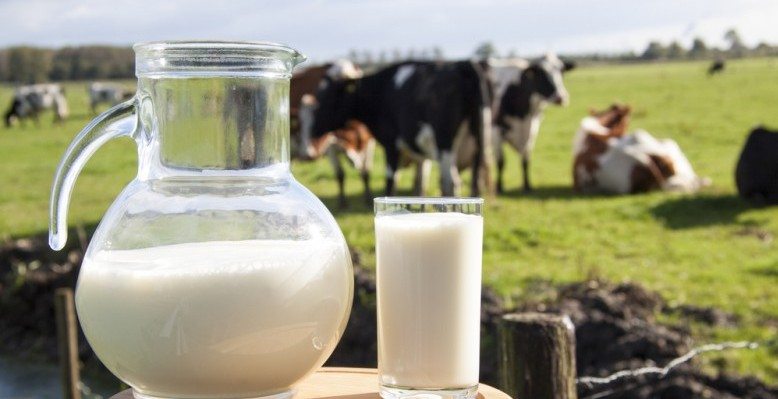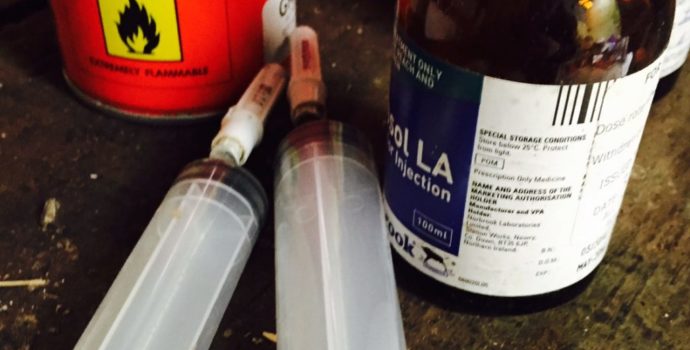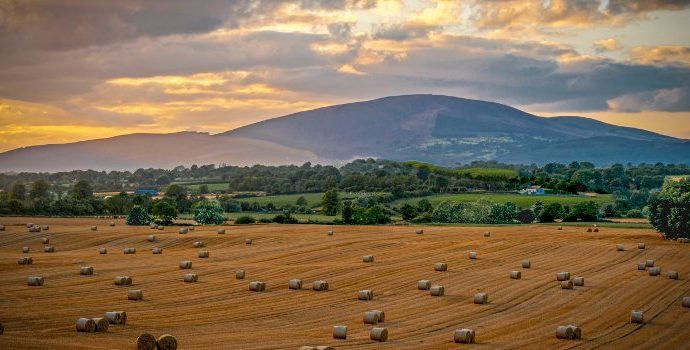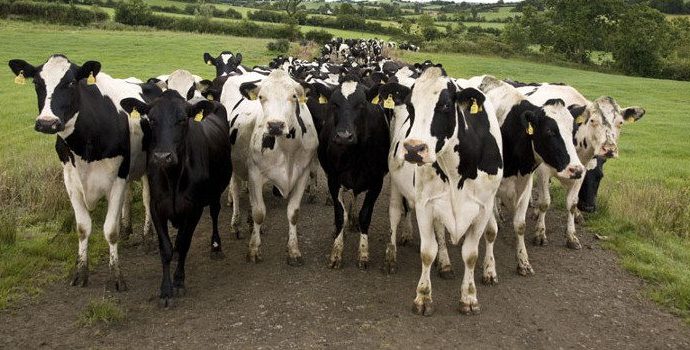Irish Milk Production Trends Not Isolated, and a Sign That the Rebalancing of Dairy Markets Has Begun

Commenting on today’s statistical release by the Central Statistics Office (CSO), which shows April 2016 milk output down 4.1% on the same month last year, IFA National Dairy Committee Chairman Sean O’Leary reminded commentators that April 2015 supplies were boosted by some carry forward from the previous quota restricted month.
That said, we are witnessing slowing growth in many of the EU’s main milk producing countries, and other milk production regions around the world.
“The reduction in the Irish April 2016 output also reflects the late and cold spring which saw poor grass grows, and many cows return indoors for at least part of the day. The bad spring was a factor in quite a number of Northern Europe’s regions, but affected most of all the grass-based farms in Ireland and parts of the UK. There is also little doubt that the fact that most European farmers are now producing at a significant loss is also starting to affect output growth,” Mr O’Leary said.
“Danish milk collections were up 8.9% in March, but only by 2.7% for April. French milk production was down 1.1% in March and is predicted to be back 3.6% for April, with slower growth also evident in Germany (+0.3% only for week 18), where 16% more cows were slaughtered in the first 17 weeks of the year,” he said.
“UK output has been falling since February, with deliveries down 2.3% for the two weeks ending 21st May 2016,” he said.
“New Zealand is finishing their 2015/16 season with 3% or so less milk produced than in 2014/15, and Australia is 1.1% down for their season to April. Only the US output seems to be buoyed by low feed and labour costs, with USDA reporting 1.2% increase in April output,” he said.
“Bearing in mind that spot milk and dairy prices, EU average quotes and international futures have all been firming – albeit timidly and from very low levels – it is fair to think that we are seeing the first signs that global supply and demand has slowly started to rebalance,” he concluded.




